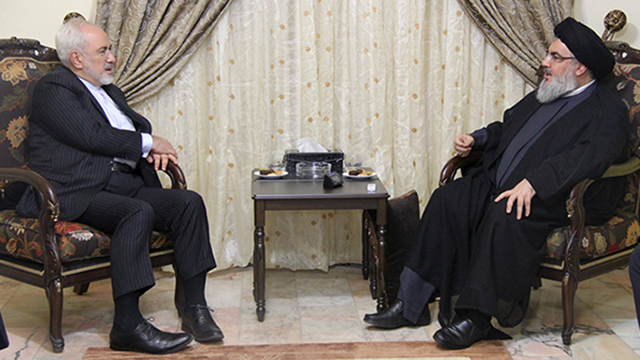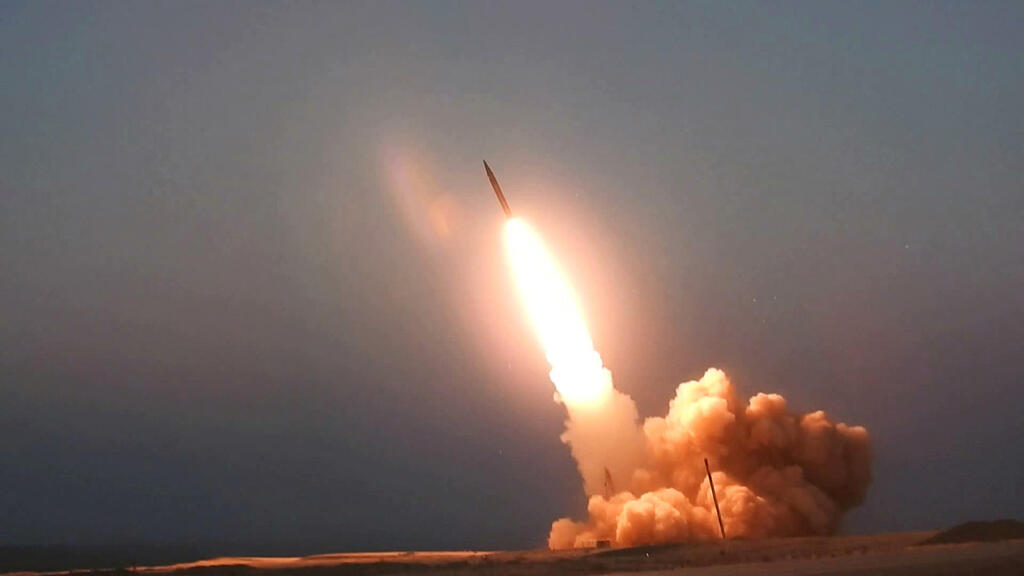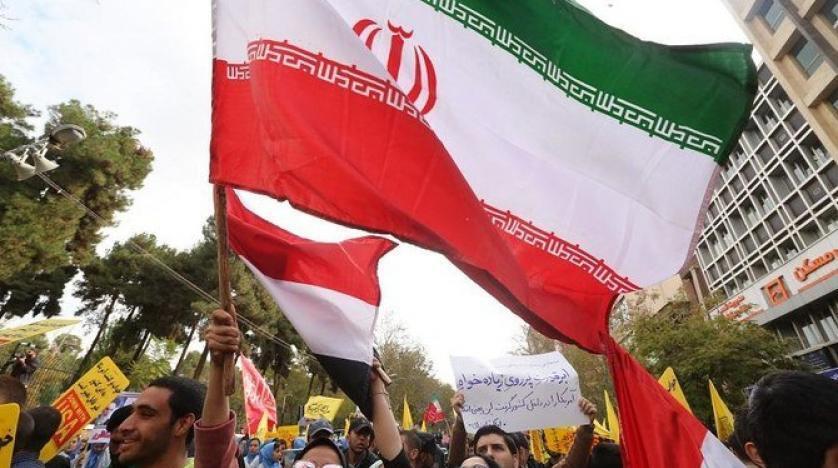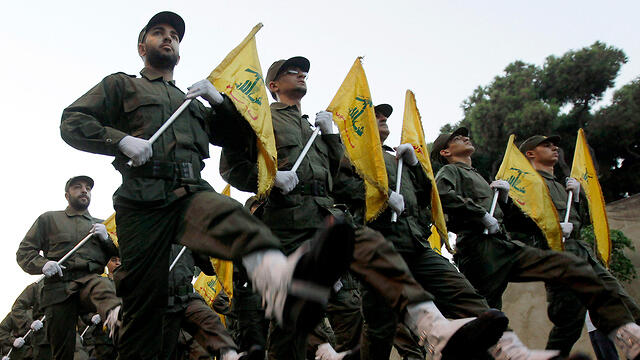Radical regimes have their own special brand of logic to them, investing everything they can – even when it is not actually very much – towards a goal whose benefits are highly dubious at best.
Such was the case with Nazi Germany during the final days of World War II, where the obsessive and irrational endeavor to eliminate Europe's Jewry continued despite an imminent defeat.
Today we have Iran, which is beset on all sides by crises. The Islamic Republic's Khuzestan province has been embroiled in protest for the past two weeks over a chronic shortage of drinking water.
The area around the city of Tabriz, which is located in the country's northwestern region where a quarter of Iran's population lives, has also joined the demonstrations.
Video footage circulated online also showed marches in the capital, with protestors calling for "death to the dictator."
Iran's GDP has been struggling since former U.S. president Donald Trump withdrew from the 2015 nuclear deal three years ago and reimposed sanctions, but despite all of this, the regime continues to invest in its industry of death in general and its nuclear project in particular.
According to a new report by the Institute for National Security Studies at Tel Aviv University, Tehran has never been closer than ever to a nuclear weapon.
Experts assess that Iran is delaying its signing of a new deal not only for economic motives, but also to ensure its status as a nuclear-capable nation.
And if we are already talking about the Islamic Republic, it is impossible to ignore its Lebanese proxy of Hezbollah and its 130,000 rockets and missiles aimed at Israel.
The reality, however, is that Lebanon knows that an armed conflict with Israel will send it to the Middle Ages.
But paradoxically, the Levantine nation is already falling apart in the seams, reinforcing the threat for an escalation despite all that it stands to lose in such a scenario.
All of these also coincide with U.S. President Joe Biden's announcement that all remaining American forces will be withdrawn from Iraq, where pro-Iranian militias run wild in the streets.
This is not to say that Iraq will become Lebanon, but the facts on the ground can change in a blink of an eye.
The corridor running through Iran, Syria and Lebanon will only expand, and Iranian regional hegemony along with.
4 View gallery


Iranian Foreign Minister Javad Mohammad Zarif meeting with Hezbollah leader Hassan Nasrallah in Beirut
(Photo: Reuters)
The Islamic Republic is becoming weaker domestically, but stronger externally.
The issue for Israel is that threats are not only coming from Iran, but from all around the Middle East – in Lebanon, Syria and Yemen, which are all in a state of crisis.
We must also ever forget that Israel is entirely on its own in this battle.
The fact that Iran and its proxies have only grown stronger shows that Israeli policy over the past decade has failed to achieve its objectives.
Now with a new government, it is time for Israel to change course.




